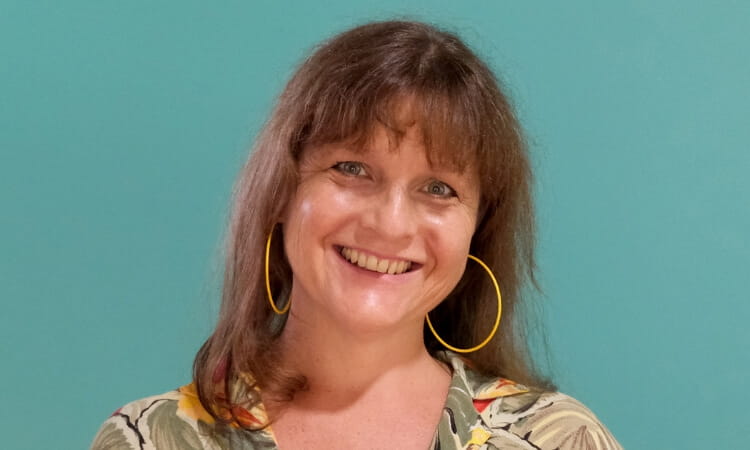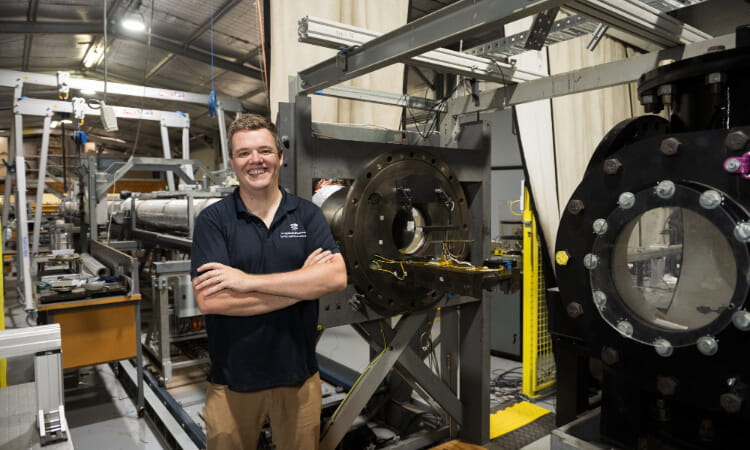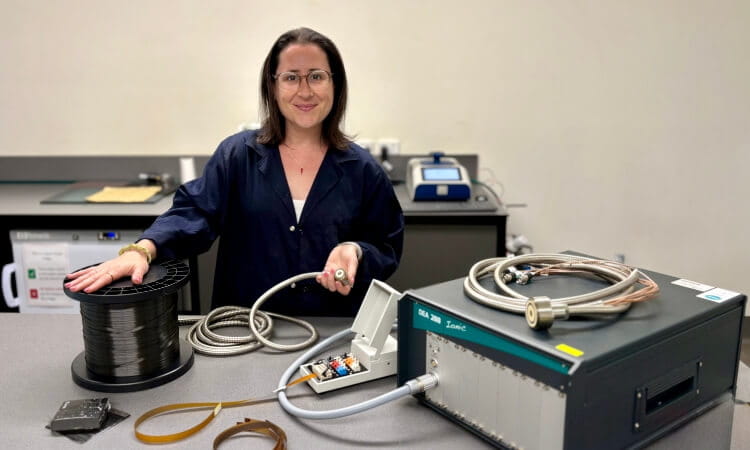Historic grant to improve intersex people’s health and wellbeing

A multi-institutional research team has been awarded $5 million in federal government funding to help create a safe and better future for people with innate variations in sex characteristics (IVSC).
The historic grant from the Medical Research Future Fund is believed to be the largest amount awarded to a research project led by people with IVSC worldwide.
IVSC – sometimes referred to as intersex or differences of sex development – is an umbrella term used to describe traits in people born with anatomical, chromosomal and hormonal variations of sex characteristics that do not align with social or medical norms for male or female bodies.
One of the project’s researchers, University of Southern Queensland’s Bonnie Hart, said the project would improve the health and wellbeing of people of all ages with IVSC and provide better support for them and their families.
“People with innate variations of sex characteristics have health needs that must be addressed in a timely way across all life stages, and in ways that respect their human rights, values and preferences,” Ms Hart said.
“In most Australian jurisdictions, people in this population remain at risk of, or experience, unnecessary medical interventions, often pre-empting their ability to consent. While as adults, they struggle to access services and supports that have the basic knowledge required to meet their needs.”
The project brings together a national consortium of researchers, community groups and clinicians tasked with helping to improve the physical and mental health and wellbeing of people with IVSC across all life stages – now and into the future – while improving the health services that people with IVSC access.
It will be divided into three components, each led by Ms Hart, Dr Morgan Carpenter (University of Sydney) and Dr Ingrid Rowlands (The University of Queensland).
Ms Hart will be supported by University of Southern Queensland researchers Associate Professor Annette Brömdal and Professor Amy Mullens.
Ms Hart has spent more than a decade advocating for legislative protections and improved access to affirmative, rights-based health and mental health services for people with IVSC.
In 2021, she created InterLink – a psychosocial support program for people with IVSC and their families – and last year, she was appointed Deputy Executive Director of Intersex Human Rights Australia.
“As an intersex woman, I have lived experience of my body being overly pathologised, including clinical interventions as a child aimed at making my body fit stereotypes of female bodies without any support being offered to me or my parents,” Ms Hart said.
“Over decades, people with lived experience have built their own psychosocial support networks and programs and worked to ensure that the private and public health services offered to people with IVSC are knowledgeable, appropriate, available, timely and maintain our human rights.
“I'm confident that this expertise and our current clinical collaboration will be indispensable in asking the right questions and ensuring that people with IVSC have access to robust psychosocial frameworks that integrate supports between clinical and community settings.”
In 2023, the ACT became the first Australian state or territory to enact new legislation preventing contested medical interventions on people with IVSC without informed consent.
Canberra Health Services, a project partner, runs public hospital and health care services in the ACT, including a new paediatric psychosocial support service for people with IVSC.
Intersex advocates and LGBTQIA+ groups hope other jurisdictions will introduce similar reforms and services.
However, project lead at the University of Sydney and executive director of Intersex Human Rights Australia, Dr Carpenter, said that more needs to be done.
“We want to drive improvements to healthcare and its management, ensure that health and wellbeing needs are effectively met in a timely way, and ensure that treatment practices respect fundamental human rights norms and community expectations,” he said.
The project has been funded through a grant of $4,991,065.94 from the Medical Research Future Fund for five years. The three components of the project are:
- The development and evaluation of clinical and peer-led care models in Canberra Health Services’ new hospital-based psychosocial support service and the national InterLink peer-led service.
- A mixed-methods national survey to better understand the health and wellbeing needs and circumstances of adults and adolescents with IVSC.
- The development of new bioethical frameworks to support co-designed, ethically defensible models of care, facilitating timely access to appropriate healthcare across the lifespan.
The University of Sydney will lead the project, with collaborators including Intersex Human Rights Australia, Canberra Health Services, the University of Southern Queensland, The University of Queensland, Australian National University, UNSW, UTS, La Trobe University, the University of Western Australia, Telethon Kids Institute, the University of Canberra, Intersex Peer Support Australia, and A Gender Agenda.


